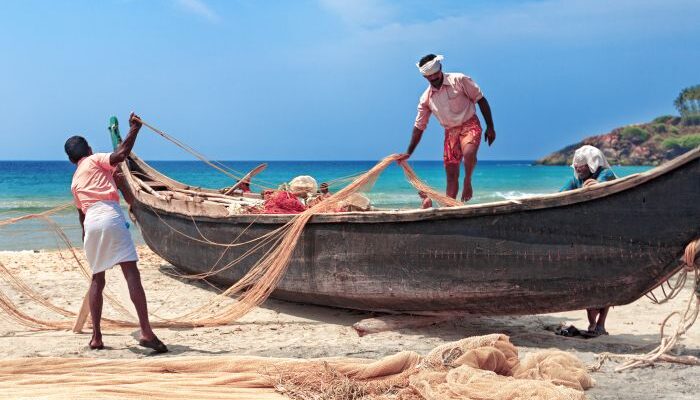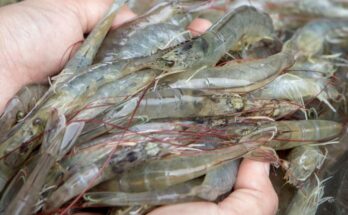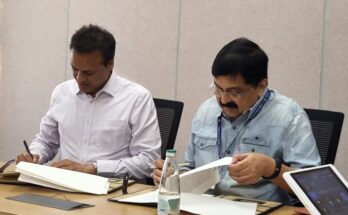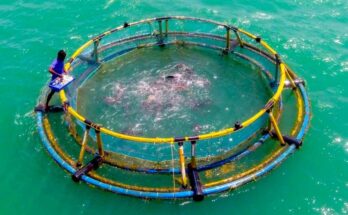India has signed many memoranda of understanding (MoU) with countries namely, Norway, Bangladesh, Iceland, Indonesia, Morocco and Vietnam to promote bilateral cooperation in the field of fisheries. Besides, India is also party to various multilateral agreements and arrangements including Indian Ocean Tuna Commission (IOTC), Indian Ocean Rim Association for Regional Co-operation (IOR-ARC), the Bay of Bengal Initiative for Multi-Sectoral Technical and Economic Cooperation (BIMSTEC), Bay of Bengal Programme Inter-Governmental Organization (BoBP-IGO) among other regional agreements to strengthen the blue economy by way of trade and export promotion, socio-economic developments and technical cooperation in various sectors including sustainable exploitation of marine wealth, Union Minister for Fisheries, Animal Husbandry & Dairying, Parshottam Rupala said in a written reply in the Lok Sabha in a written reply on Tuesday.
The Department of Fisheries, Ministry of Fisheries, Animal Husbandry and Dairying is implementing a flagship scheme Pradhan Mantri Matsya Sampada Yojana (PMMSY)- a scheme to bring about blue revolution through sustainable and responsible development of the fisheries sector in India with an investment of Rs.20,050 crores in the fisheries sector, for implementation over a period of five years from financial year 2020-21 to financial year 2024-25 in all states and union territories. The PMMSY inter-alia provides financial support for acquisition of technologically advanced fishing vessels, deep-sea fishing vessels for traditional fishermen, fishing boats and nets for traditional fishermen, providing safety kits for fishermen of traditional and motorised fishing vessels, communication and/or tracking devices for traditional and motorised vessels and infrastructure facilities for monitoring, control and surveillance, the minister informed the lower house of Indian parliament,
You may also like to read: Aquaconnect raises $8 Mn funding from Trifecta Capital
To create a blue economy, the Government of India, in 2018-19, has also extended the facility of Kisan Credit Card (KCC) to fisheries and animal husbandry farmers to help them and to meet their working capital needs. The Fisheries and Aquaculture Infrastructure Development Fund (FIDF) has been created at a total outlay of Rs. 7,522 crores to provide concessional finance to eligible entities (EEs). Besides, the concerned coastal state governments and UTs are also providing tax rebates for fuel and other subsidies to Indian fishermen, Rupala further said.
In the ongoing negotiations on fisheries subsidies in World Trade Organization (WTO), the member countries including India are participating as per the mandate of the United Nations’ Sustainable Development Goals (SDG) target 14.6 and the WTO Ministerial Conference Decision of 2017 (MC-11). The scope of ongoing negotiations is limited to marine capture fisheries. Aquaculture and inland fisheries are excluded from the scope of WTO Regulation on Fisheries subsidies. For securing the livelihood of traditional and small-scale fishermen, India is advocating for appropriate and effective special and differential treatment (S&DT) for the developing countries including least developed countries (LDCs) and has sought policy space to develop and modernise its fisheries sector, the minister informed.




